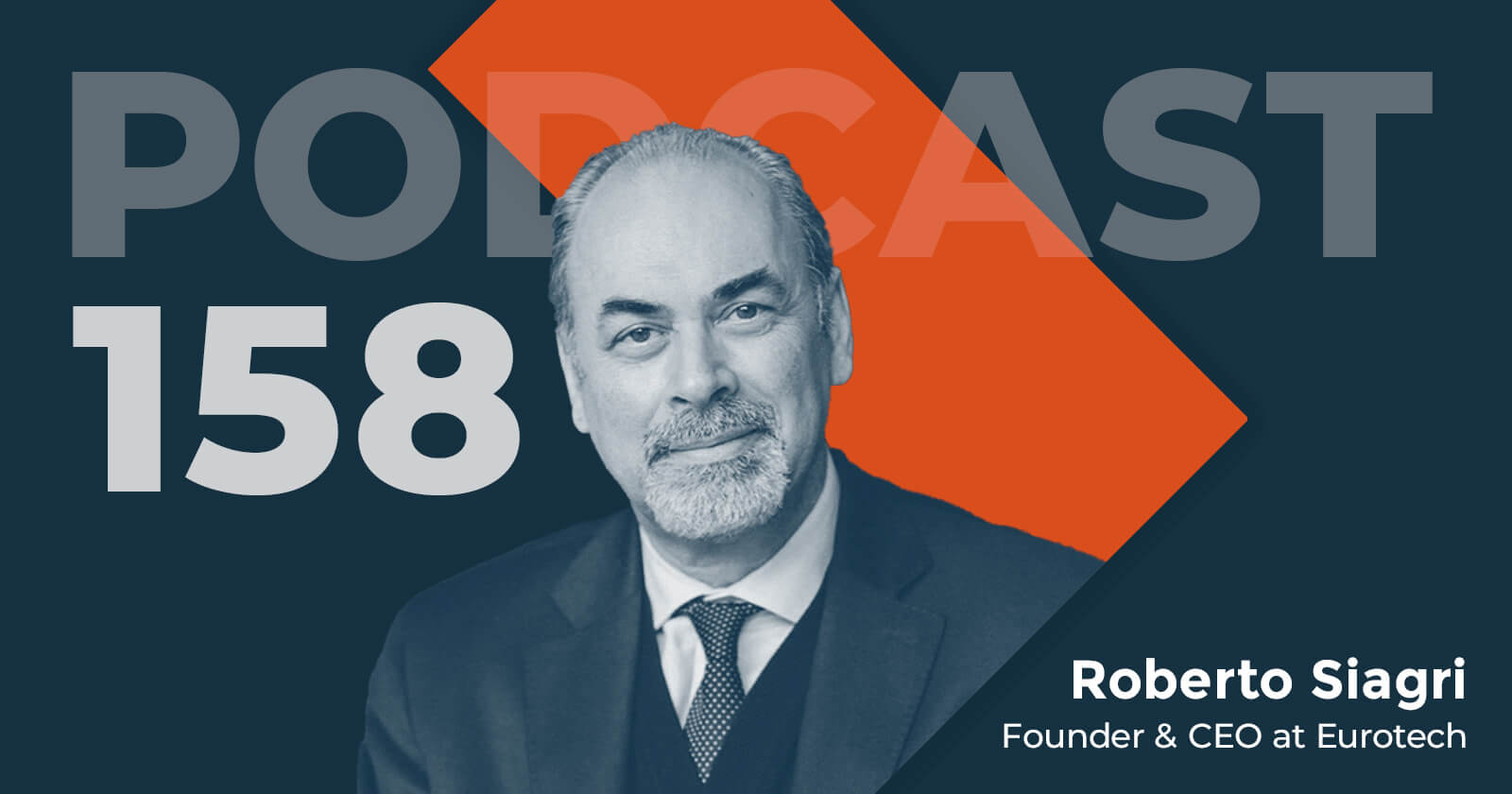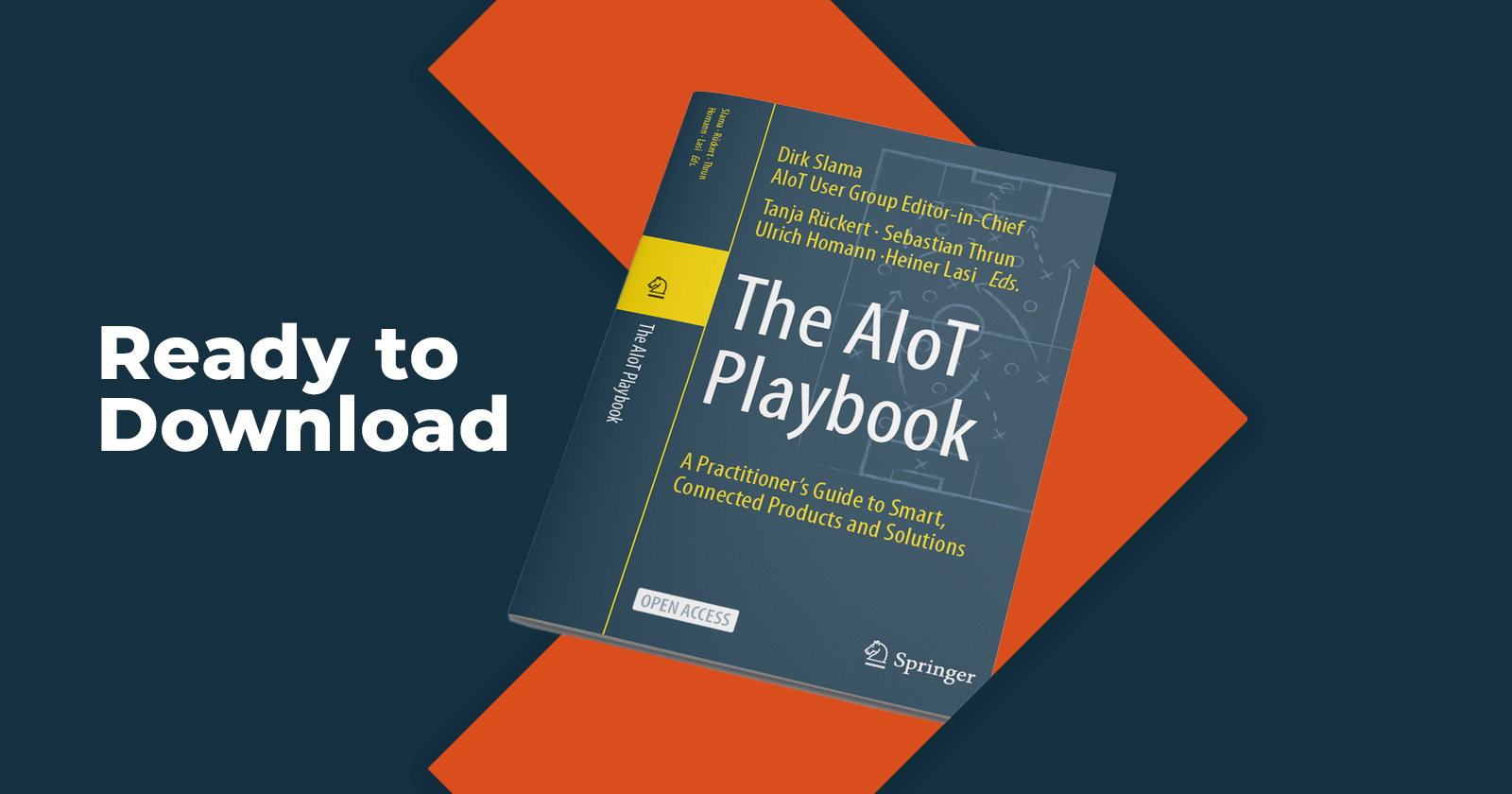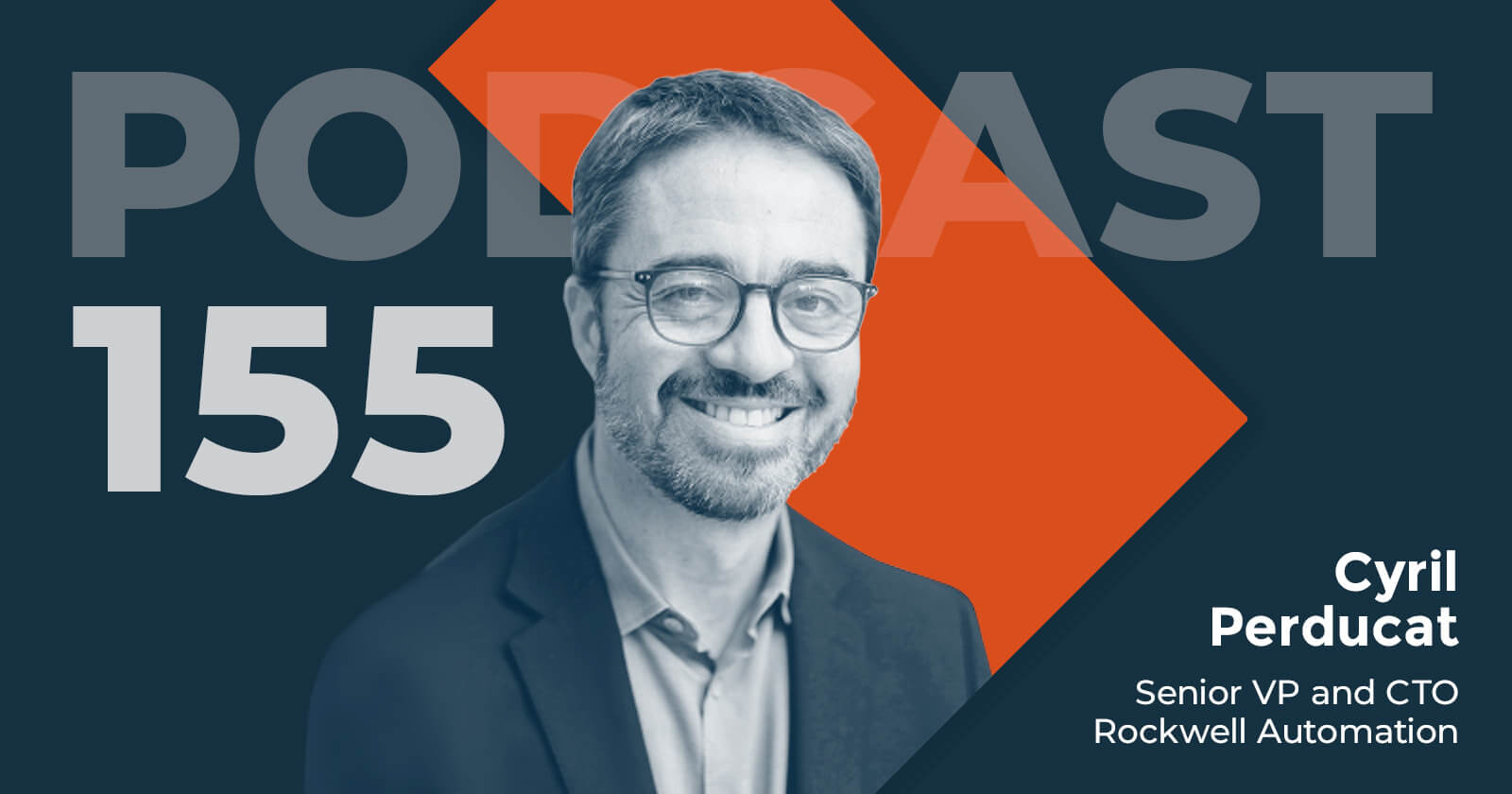Digital Leadership Series Spotlight
Leverage Technology for Business Impact - With Mike Flannagan
Ed Maguire

This series highlights the key insights and lessons from our Digital Leadership series of podcasts. We spotlight the important takeaways from our interviews in an accessible format. The following Digital Leadership insights come from Mike Flannagan, SVP of Intelligent Enterprise Solutions at SAP. Stay tuned for the full podcast interview with Mike Flannagan next week, in the meantime, take a look at our library of podcasts.
What has shaped your views of Connected Industry?
I spent about 16 years with Cisco Systems in a variety of different roles, and a lot of that touched not only IoT but the underlying data foundations and what needed to be done differently with traditional data. For the last 2 1/2 years I've had the privilege of being with SAP - first in the analytics business, where obviously analyzing data and preparing data for analysis was a day-to-day topic - and IoT data certainly brought some complexities to that we've helped customers solve.
For the last few months, I've really been focused on a context broader than just what we were doing in intelligent technologies like analytics, machine learning and IoT - looking at how do you integrate those intelligent technologies with the core foundational systems that run your business to become an intelligent enterprise?
What does the term digital transformation mean to you?
I think the most important thing is that digital transformation a lot of times ends up in a conversation about the technologies. I don't think it is about the technology, it is about the fact that technology allows you to solve problems that you've been trying to solve in other ways for a long time. Take manufacturing quality - if you're in manufacturing. You’ve been finding ways to improve the quality of what comes off your manufacturing line for as long as you've been in business at least.
Hopefully the idea of digital transformation is the application of technology to an age-old problem with quality and the focus there has to be: “Can I achieve a better business outcome by making use of technology to solve customers’ problems?”
There is almost no limit to where you can go. In my view, it's not about the technology, it's about the business outcome. Those business outcomes are in a lot of cases very specific to the dynamics that are in your industry and so some things have to be looked at from a very industry specific or very process specific lens.
How do you decide the right data to analyze?
When you're trying to improve, the business value of improving is to attack the right thing in the right place. If you think about manufacturing quality, there are lots of things that to improve in the production of a product - and with any one of them I could measure defect rates. It doesn't matter what industry, it doesn't matter what you’re manufacturing, whether you're printing books or something else - you need to look at the customer impact of a specific kind of defect.
If I'm in the business of printing books, does it matter to my consumer if the text on the book jacket or the cover of the book is crooked? That probably matters quite a lot. It looks bad on the shelf. It looks like you were sloppy in the way that you did it; a customer would assume your product is not very high quality. If sometimes put a book in the wrong size box to be delivered, does my customer really care about the size of the box that the book comes in as long as it shows up at their door? So if I'm going to reduce the defect rate of misprinting and still put the book in the wrong size box, in the end your customer doesn't care. They don't pay you any less if you put it in the wrong size box. Assuming the boxes are of equal cost to me, there's no benefit to the bottom line from a different sized box, and I didn't really have any risk that I introduced by putting it in a slightly larger box.
For business impact, start with things you understand and can measure, start with things that matter in terms of the overall customer experience. You're trying to drive whether it’s better for top line growth, better bottom line results or lower risk. Make sure that you are doing things that you understand - not only how to improve them, but how that improvement matters and can be translated to something that is tangible to the organization, whether that's Net Promoter Score from a customer or financial results.
How does a technology vendor help to drive business results?
We work with the customers to help them see how to change to business process and potentially overcome objections. One of the things that is most challenging that that you really need to pay attention to is not all companies who were put in the technology company umbrella are created equally. There are companies that are entirely focused on the technology itself. Those companies are different from companies oriented towards a business focus that use technology as a means to the end of delivering the outcome of the process. I would submit that while SAP Is certainly lumped into the high tech sector, SAP's real focus is business process.

Momenta Partners encompasses leading Strategic Advisory, Talent, and Investment practices. We’re the guiding hand behind leading industrials’ IoT strategies, over 100 IoT leadership placements, and 17+ young IoT disruptors. Schedule a free consultation to learn more about our Connected Industry practice.



